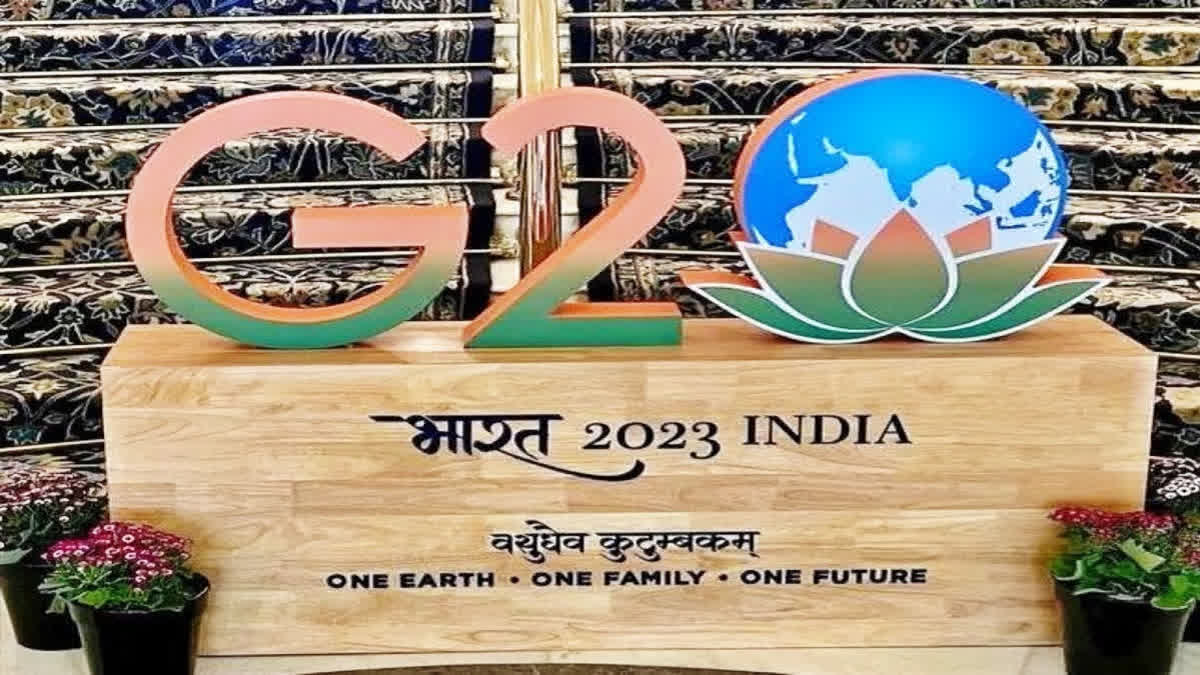The G20 concluded with a great ceremony, as India passed the presidency to Brazil for the upcoming year. India holds significant potential to benefit its farmers and contribute to reducing global hunger. India can leverage its position in both the G20 and revitalized BRICS to achieve these goals.
Now, let’s recap the agricultural aspects: The New Delhi declaration yielded no major agricultural announcements. Many of us had hoped that PM Modi’s strong endorsement of regenerative agriculture during the agricultural ministers’ meeting earlier this year would lead to a global consensus or alliance, championed by India, for promoting regenerative agriculture worldwide.
Unfortunately, this did not materialize. Instead, the Global Biofuel Alliance was launched, primarily led by the US, Brazil, and India. The alliance aims to promote the production, trade, and use of ethanol and other biofuels. Both the US and India now allow ethanol blending with petrol and diesel to reduce imports and encourage domestic fuel production. India’s surplus sugar production presents an opportunity to repurpose excess sugar for ethanol or biofuels.
The G20 has a working group on agriculture with representatives from each member country, aiming to address food security and agricultural cooperation. Given the Ukraine-Russia conflict’s impact on global grain and fertilizer supplies, the Black Sea deal’s non-renewal has compelled countries to prioritize agriculture and grain reserves.
When PM Modi advocated natural farming, it seemed like an opportunity to address both dependence on chemical fertilizers and agricultural emissions with one regenerative farming approach. However, this opportunity was missed at the G20. The Agriculture working group should refocus on placing regenerative farming back on the international agenda, as Green Revolution technology is now outdated and has given rise to new problems. Brazil, as the next president, should prioritize this.
Turning to the climate change agenda at the G20, while the Delhi declaration acknowledged climate change as a global concern, it did little to present agricultural solutions. With India and the African Union now part of the G20, addressing climate change’s impact on farmers in these regions is crucial, given that farmers bear the brunt of floods, droughts, and erratic weather, which directly affect their livelihoods. Therefore, an agriculture and climate alliance is needed to foster stronger cooperation among member states.
Regarding friendships, as in life, in politics, a friend in need is a friend indeed. Many member nations raised concerns about growing poverty, food shortages, and inflation. Most developing countries within the G20, including India, face significant malnutrition challenges. Therefore, the way forward is to create a sub-group dedicated to food security by reorienting the agriculture working group for this purpose.
The G20 should establish an international grain reserve that can function as both a grain exchange and a grain bank. Each country can contribute a quota of grains that can be lent to member countries in need to combat malnutrition or drought through government-to-government agreements. Rather than flowing into the hands of grain trading corporations profiting from world hunger, surplus grains from countries like the US, Canada, and even India can be repurposed to feed those in need.
Also read: The G-20 Summit: An analysis
Considering climate change and poor harvests, the G20 grain reserve can initiate by grain donations from developed nations like the US, Canada, and Australia. Russia, with its significant wheat stocks, can also play a major role. India, China, and the African Union, given their large populations, can take responsibility for storage and distribution of grains. These countries face significant food security threats due to their vast populations, making this initiative a platform for partnership among member countries, transcending politics.
This grain reserve can also help mitigate hyper-food inflation in member countries. Each region can have storage hubs with a rolling stock of grains renewed every five years. By creating these grain reserves, the G20 can renew its mission to feed the world and eradicate global hunger.
The writer is an Independent agricultural policy analyst, and former Director of Policy and Outreach for the National Seed Association of India.



